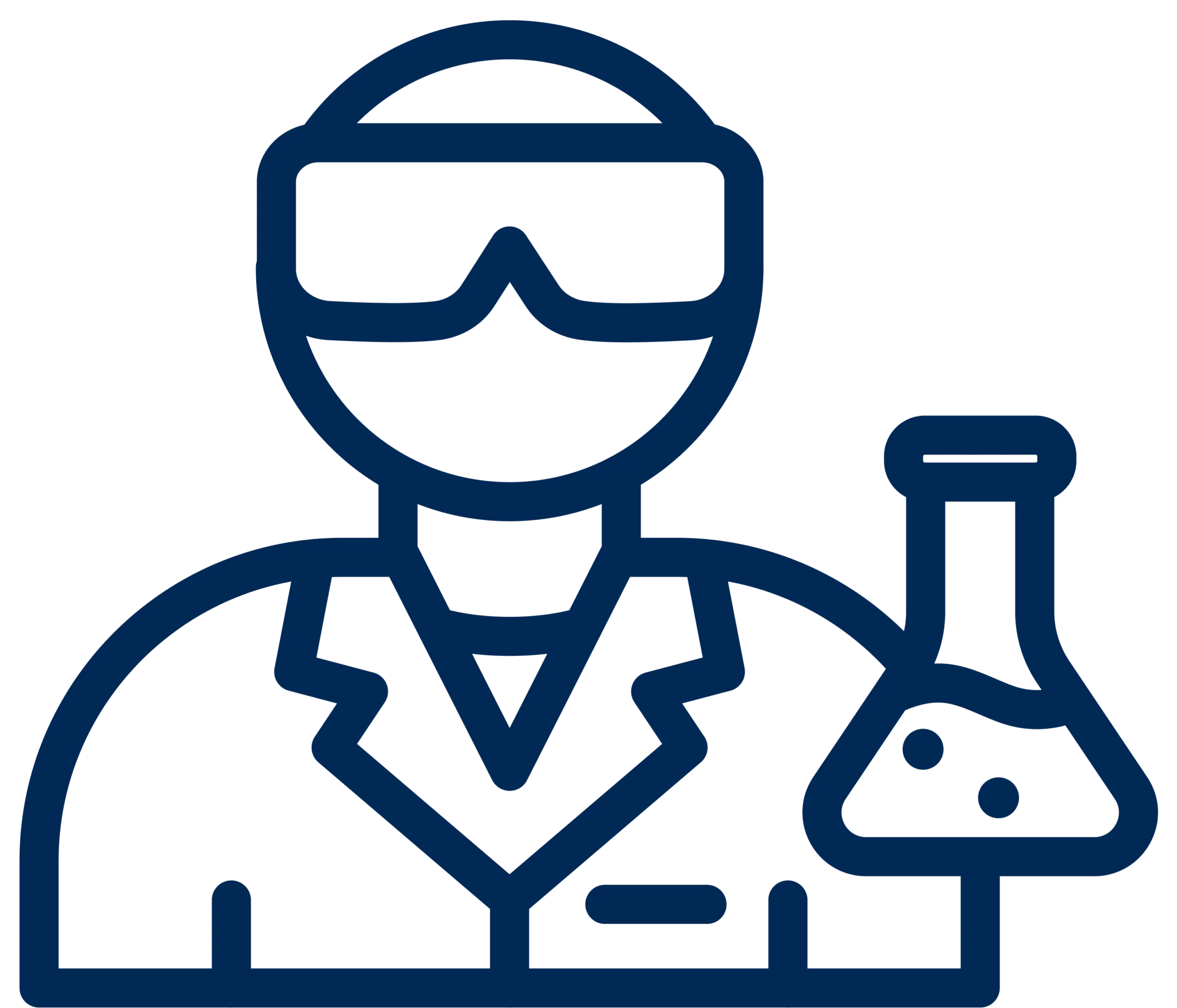Women’s Health Initiative
Targeted Research. Coordinated Action. Better Health for All.
The Current State: From high blood pressure, to depression, to autoimmune conditions, women are suffering at higher rates from many illnesses and diseases. Furthermore, exclusion of women from clinical trials and a lack of organized capital have hampered our understanding of any sex-based variation in diseases that present across genders [1,2].
The Challenge: This has resulted in a general underrepresentation and lack of focus on women’s health. Not understanding and studying these nuances impacts not only patients, but also employers and the healthcare system.
















